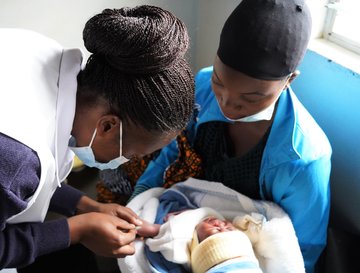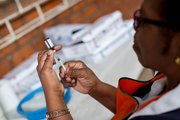Questions parents ask
What to know before you vaccinate your child.
Vaccines save 2-3 million lives each year. By protecting children against serious diseases, vaccines play a central role in ending preventable child deaths.
Wherever children are not vaccinated, their lives and their communities are at risk.
Before getting your child vaccinated, there may be some questions you want answered so that you can be sure that the vaccination will be most effective. Below are frequently asked questions by parents.
- What if my child is ill?
- What if my child has a serious disease?
- What if my child has asthma, eczema or hay fever?
- What if my child has recently had, or is due to have, surgery?
- What if my child has already had one of the vaccine-preventable diseases?
- Can my child be immunised while they are in close contact with someone who is pregnant?
Do you know anyone that would benefit from this information? Share this article and the Vaccination Info centre on your Facebook, Twitter or via Whatsapp.
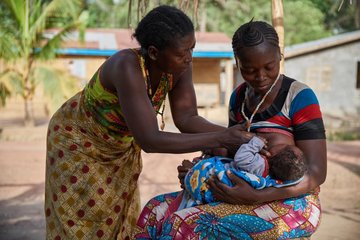
<u>What if my child is ill?</u>
Vaccination will not worsen an existing medical condition
Babies and children with minor medical conditions (coughs, running nose), or those on antibiotics, can be vaccinated safely and effectively.
If the health care worker sees that your child has a severe medical condition requiring hospitalization, they might put off the vaccination until your child is better. Always take your child to the center when the vaccination is due. If you are worried about whether your child is fit to be vaccinated, talk it over with the doctor or nurse before putting off the vaccination.
What if my child was premature, had a low birth weight or had jaundice?
- Premature babies are vaccinated as other babies when their weight reaches 2,5 kgs.
- If your child had a very low birth weight (less than 1.5 ks), you should discuss their vaccination schedule with your pediatrician.
- Babies who had jaundice after being born and those who are being breast fed should be immunised as normal.
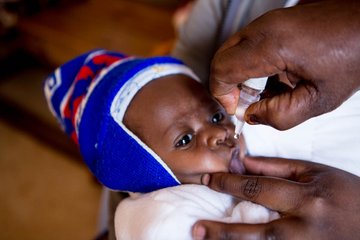
<u>What if my child has a serious disease?</u>
It is very important that children with serious diseases are immunised because they are often more at risk from complications of infections. Children with stable neurological conditions such as cerebral palsy or Down syndrome should be immunised as normal.
However, care is needed if the child’s illness, or its treatment, may lower their immunity. Immunisation should be carefully considered for children with cancer or an immune deficiency disorder, or who are taking medicines which may reduce their ability to fight infection. Discuss this with your doctor.
Children who have had a blood transfusion or received blood products should delay their MMR vaccination.

<u>What if my child has asthma, eczema or hay fever?</u>
Children with asthma, eczema, hay fever and allergies should be immunised, even if they have a severe allergy to eggs (for example, hives (red itchy bumps), swelling of the mouth or throat, difficulty breathing, wheezing, low blood pressure and shock).
Children taking steroids by inhaler or in a low-dose steroid cream should be immunised as normal. If you have any doubts, talk to the doctor or nurse giving the immunisation.
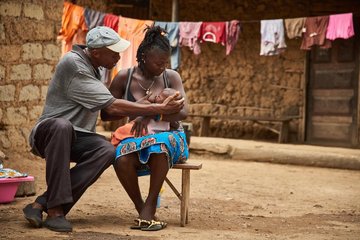
<u>What if my child recently had or is due to have surgery?</u>
Do not delay immunisation if your child is due to have an operation or has recently had one. Having surgery is not a reason to put off immunisation, and a recent immunisation is not a reason to put off surgery.
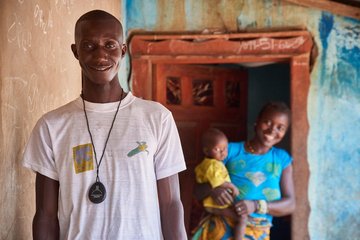
<u>What if my child already had one of the vaccine-preventable disease?</u>
You should still vaccinate your child against these diseases, even if they have had them.
It is important to be protected against all the diseases the vaccine covers, even if the child has caught one of the diseases before.
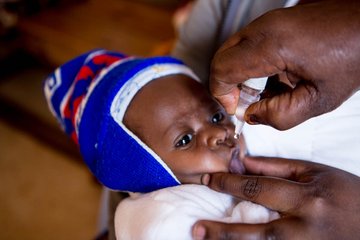
<u>Can my child be vaccinated while they are in close contact with someone who is pregnant? </u>
Yes. There is no problem with giving routine vaccination to a child who is in close contact with someone who is pregnant!
In fact, vaccinating the child will protect the expecting mother from being exposed to diseases that are very harmful to the pregnant women like rubella.


